Our guide to caring for your hair during menopause

How does menopause affect your hair?
The hormonal changes that take place during menopause can cause a whole host of symptoms like hot flashes, night sweats, increased fatigue and irritability, etc. For many women, the health of their hair is also significantly affected.
- The sudden drop in estrogen and progesterone can accelerate and increase hair loss.
- The hair’s growth cycle becomes unstable and shortened, weakening the hair fiber.
- Hair roots are less nourished, causing them to produce less sebum. As a result, the hair fiber becomes thinner, drier and more prone to breakage.
- All these changes can affect the self-esteem and quality of life of menopausal women.
Dry hair during menopause: enter the boar bristle hairbrush!
As your hormone levels fluctuate during menopause, the scalp begins to secrete less sebum, which can leave your hair dry and dull. The boar bristle brush can come to the rescue here, as it helps to lift the sebum from the root and distribute it evenly all along the lengths of your hair, right down to the tips.
The Altesse Studio Repair & Shine brushes are the perfect choice for your hair during this time. Handcrafted using the premium root-end of the boar hair, these French-made luxury brushes can be used every morning and evening to nourish your hair and keep it looking healthy and shiny.
The right steps to care for your hair during menopause
These effective and easy tips can help keep the negative effects of menopause on your hair at bay:
Fill up on those good hair vitamins
A good, balanced diet is important for your hair health at any age. However, the intake of certain vitamins is especially key between the ages of 45 and 55, when menopause sets in. Among these are vitamin A (liver, herring, sweet potato, carrots, spinach, etc.), vitamin E (almonds, hazelnuts, cereal, avocado, etc.) and vitamin B (tuna, salmon, mushrooms, sunflower seeds, etc.).
|
Did you know: Brewer’s yeast can strengthen the hair fiber from within and prevent hair loss during menopause. Remember to consult your doctor before taking any supplements. |
Use gentle hair care products
Gentle is the keyword for hair care during menopause! This is because the scalp’s ability to absorb nutrients decreases, leaving your strands more exposed to damage caused by external factors. This is why it’s best to ease off on chemical coloring treatments that can damage your hair further. Instead, opt for natural solutions like plant-based hair dyes which coat and nourish the hair without the harsh side effects.
When it comes to your products, say goodbye to shampoos, conditioners and hair masks formulated with silicone, sulfates and other chemicals that can strip your hair of its natural oils. Instead, choose gentle, organic formulations that will go easy on your hair and promote its health.
Minimize the use of heat styling tools
Taking care of your hair during menopause also means protecting it from heat damage caused by styling tools, which can further harm your already-fragile hair! We know that hair can be difficult to style without hair straighteners and blow-dryers, but we recommend you use them with caution: twice a week at most, and at their lowest possible heat setting.
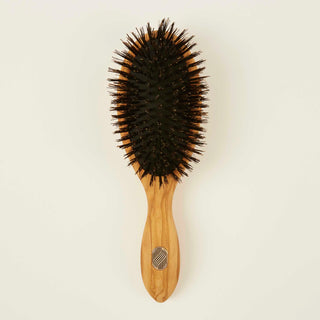
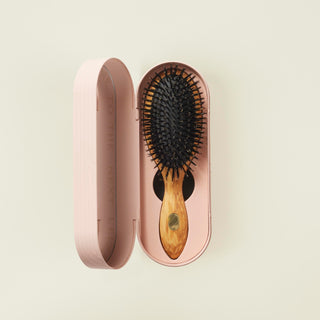
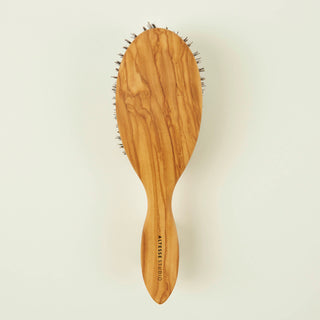
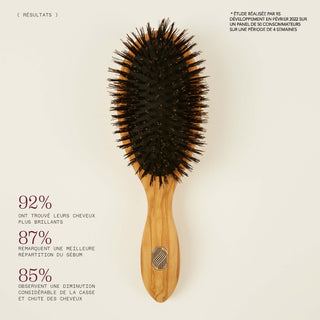
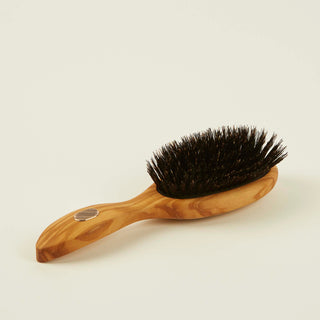
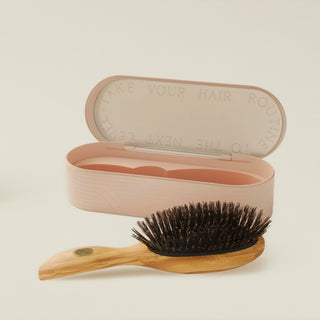
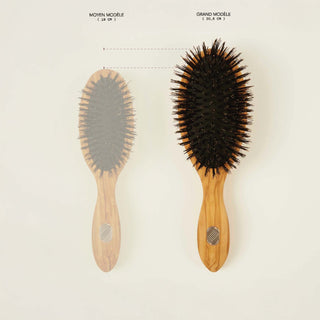
![[gravure]](http://altesse-studio.com/cdn/shop/files/3011FN-engraving_1.jpg?v=1760105433&width=320)

